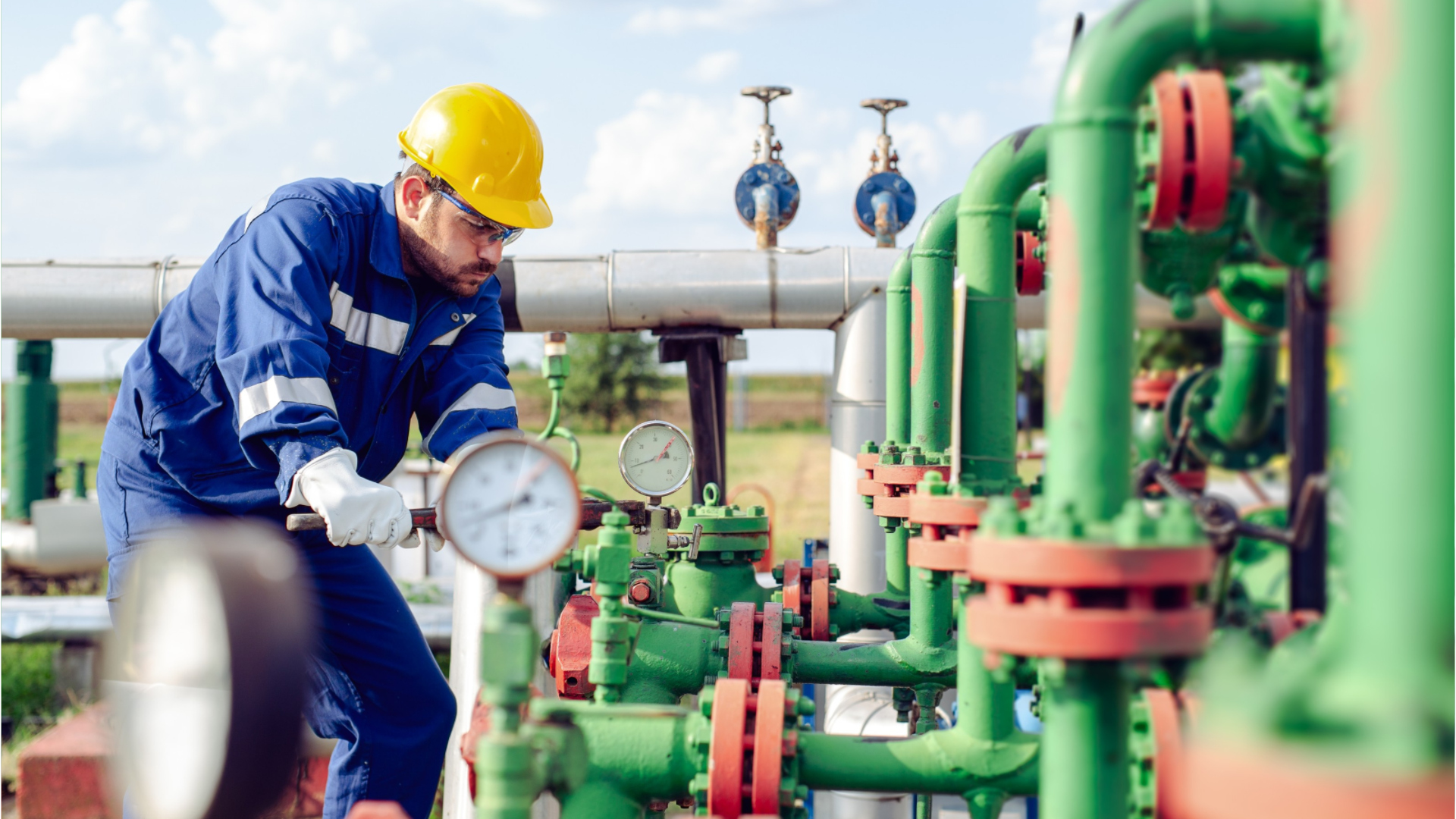Gas Compressor & Gas Pumping Station Operators
Compressor Station Operator, Compressor Technician, Filler, Plant Operator
What they do:
Operate steam-, gas-, electric motor-, or internal combustion-engine driven compressors. Transmit, compress, or recover gases, such as butane, nitrogen, hydrogen, and natural gas.
On the job, you would:
- Monitor meters and pressure gauges to determine consumption rate variations, temperatures, and pressures.
- Respond to problems by adjusting control room equipment or instructing other personnel to adjust equipment at problem locations or in other control areas.
- Record instrument readings and operational changes in operating logs.
Knowledge
Manufactured or Agricultural Goods
- manufacture and distribution of products
Engineering and Technology
- mechanical
- computers and electronics
Business
- management
- customer service
Safety and Government
- public safety and security
Skills
Basic Skills
- thinking about the pros and cons of different ways to solve a problem
- keeping track of how well people and/or groups are doing in order to make improvements
Problem Solving
- noticing a problem and figuring out the best way to solve it
Abilities
Hand and Finger Use
- hold or move items with your hands
- keep your arm or hand steady
Controlled Movement
- use your arms and/or legs together while sitting, standing, or lying down
- quickly change the controls of a machine, car, truck or boat
Visual Understanding
- quickly compare groups of letters, numbers, pictures, or other things
- see hidden patterns
Attention
- pay attention to something without being distracted
Personality
People interested in this work like activities that include practical, hands-on problems and solutions.
They do well at jobs that need:
- Cautiousness
- Attention to Detail
- Dependability
- Integrity
- Stress Tolerance
- Self-Control
Technology
You might use software like this on the job:
Spreadsheet software
- Microsoft Excel
Electronic mail software
- Microsoft Outlook
Facilities management software
- Computerized maintenance management system CMMS
Education
Education: (rated 2 of 5)
high school diploma/GED or
associate's degree
usually needed
associate's degree
usually needed
Job Outlook
Below Average
New job opportunities are less likely in the future.
Explore More
- Gas Plant Operators
- Petroleum Pump System Operators, Refinery Operators, & Gaugers
- Power Plant Operators
- Pump Operators
- Stationary Engineers & Boiler Operators
You might like a career in one of these industries:
See more details at O*NET OnLine about Gas Compressor & Gas Pumping Station Operators.





